Introduction
Yes, dogs can eat guava. In fact, all guava versions are perfectly safe and healthy for dogs. When we say guava versions, we refer to the popular apple guava, pineapple guava, red guava (strawberry guava), white guava, and Thai guava.
However, keep in mind that dogs are carnivores and require meat-based proteins. This means that guava makes an excellent fruity snack, but it is not a meal substitute and must not be served too often.
Why is Guava Good for Dogs?
Yes, guava is loaded with various health-boosting nutrients which can give your dog a healthy kick in life—using the guava as an occasional treat is beneficial. Here is a more detailed review of the reasons guava is good for dogs.
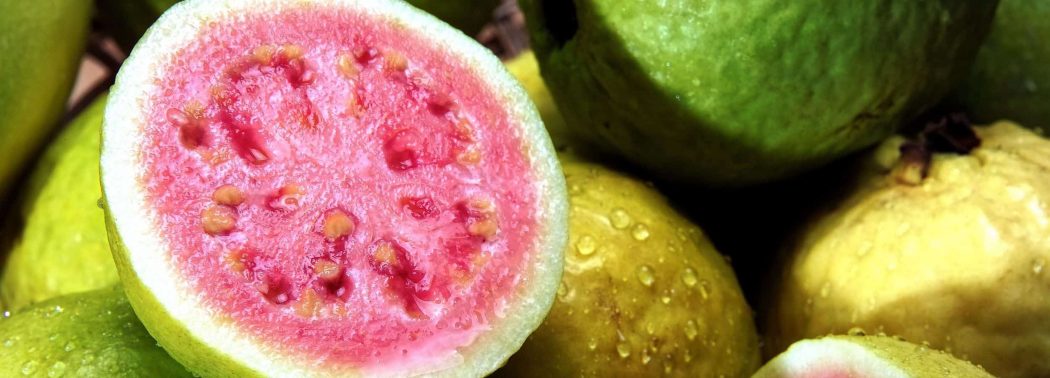
Vitamin C Overload
Guava is particularly rich in vitamin C. To be more precise, 100 grams of guava have 228.3 mg of vitamin C (four times the amount in oranges). Vitamin C supports tissue regeneration and prevents aging. It also acts as an antioxidant and fights free radicals.
Vitamin A and K
Guava is also rich in vitamin A and vitamin K. Vitamin A supports metabolic processes and boosts eye health. Vitamin K promotes bone health and is vital for activating the blood clotting cascade.
Dietary Fiber
Like all fruits and veggies, guava is rich in dietary fiber. In 100 grams of guava, there are 5.4 grams of fiber. Dietary fiber is essential for keeping the dog’s bowel moving. They also support cardiovascular health and manage blood cholesterol and sugar levels within normal ranges.
Potassium and Magnesium
Minerals are present too. The guava fruit is particularly rich in potassium and magnesium. Potassium promotes strong bones and teeth, while magnesium aids nutrient absorption and supports muscle relaxation.
Can Guava be Bad for Dogs?
Yes, just like any other fruit, guava can be bad for dogs, especially if served too often, in large portions, or incorrectly. Knowing the basic feeding guidelines is vital for avoiding any risks and side effects.
So, before you decide to make guava a regular part of your dog’s menu, consider the possible reasons guava can be bad for dogs. Let’s take a closer look at those reasons.
Stomach Upset
The high dietary fiber content is healthy. However, in some dogs, too much dietary fiber can trigger stomach upsets – vomiting, diarrhea, lack of appetite. Luckily, these issues are transient.
Too Many Carbs
Guava is a relatively sugary fruit. Simply put, 100 grams of guava contain 14.32 grams of carbohydrates (and almost 9 grams of sugar). Therefore, guava should not be served in diabetic dogs. However, in healthy dogs, it can be served in accordance with the recommended portion size.
Allergic Reactions
Allergic reactions to guava and fruits, in general, are not common. However, they are possible and should be considered. Food allergies are the reason we suggest giving your dog a small amount and checking how its tummy reacts.
Choking Hazard
Any food poses a choking hazard in a dog that tends to gulp down instead of chew. The risk of choking is higher if serving the guava fruit with the peel on (the peel is too sticky).

How Much Guava Can my Dog Eat?
The feeding guidelines for guava are simple – this tasty and sugary fruit is a snack and should be served in a snack-sized portion. In more practical terms, the average dog can have a few bite-sized chunks every now and then.
Smaller dogs should be given a bite or two, and larger dogs can safely eat a handful of bite-sized chunks. With that being covered, we should note to start with a smaller serving size if your dog has never eaten guava before. As for young puppies, it is best to keep fruits off the menu.
How to Prepare and Serve Guava for Your Dog?
To serve your dog with guava, you need to start with shopping. Always make sure the guava fruit is ripe (its color should be changing from dark to brighter green and soft to the touch – similar consistency as a ripe avocado). Whenever possible, we suggest buying organic.
Once you have the ripe guava at home, it is time for preparation. The leaves must be removed as they can give your dog a stomach upset. As for the rind or peel, it is perfectly safe for dogs (just like the apple peel).
However, unless buying organic, because of the pesticide residue risk, you need to thoroughly wash the guava (especially if leaving the skin on). Also, if your dog is voracious, it might be better to remove the peel (it is digestible and healthy, but it can pose a choking hazard in some dogs).
Finally, you should chop your dog’s serving piece into smaller chunks and serve them to your dog as treats or blended with plant-based milk into a dog-friendly smoothie.
Summary
All in all, guava is a healthy fruit choice for dogs – it is loaded with healthy nutrients, and most dogs are delighted by the sweet taste.
However, as with any other snack, you need to practice the 10% rule – the guava portion should not account for more than 10% of the dog’s daily food intake.\
With that being said, it is time to go shopping, get ripe and tasty guava, and serve it to your dog. Good appetite!
Sources
- The A to Z of Pet Food: Vitamin A, Pet Food Institute, 2017
- Benefits of Vitamin C to Your Dog, Bob Griswold and Nancy Kerns, 2001
- Potassium for Dogs, Emily Gantt, 2021
- Why Magnesium Is Important for Your Pet, Ancient Arts Vet, 2016
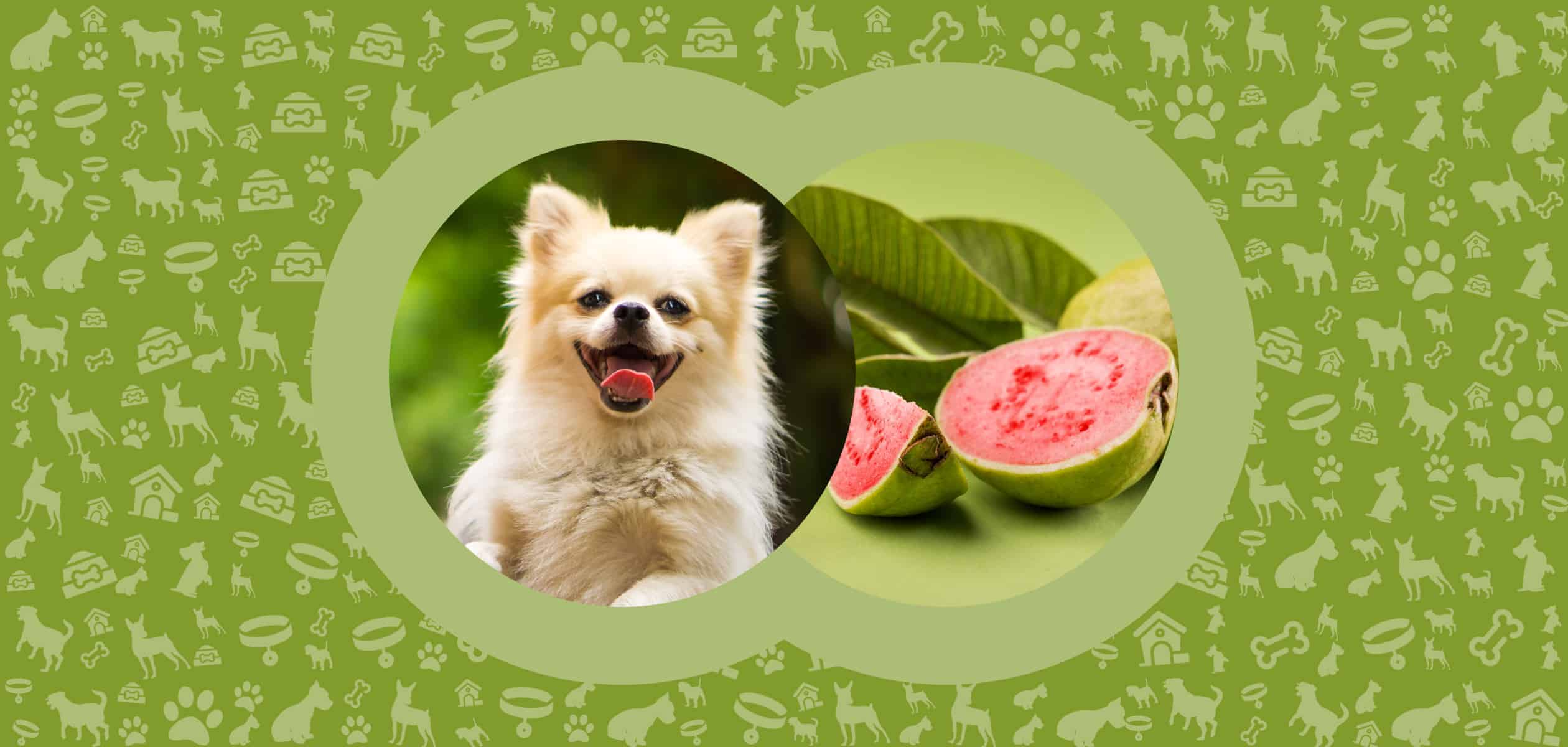
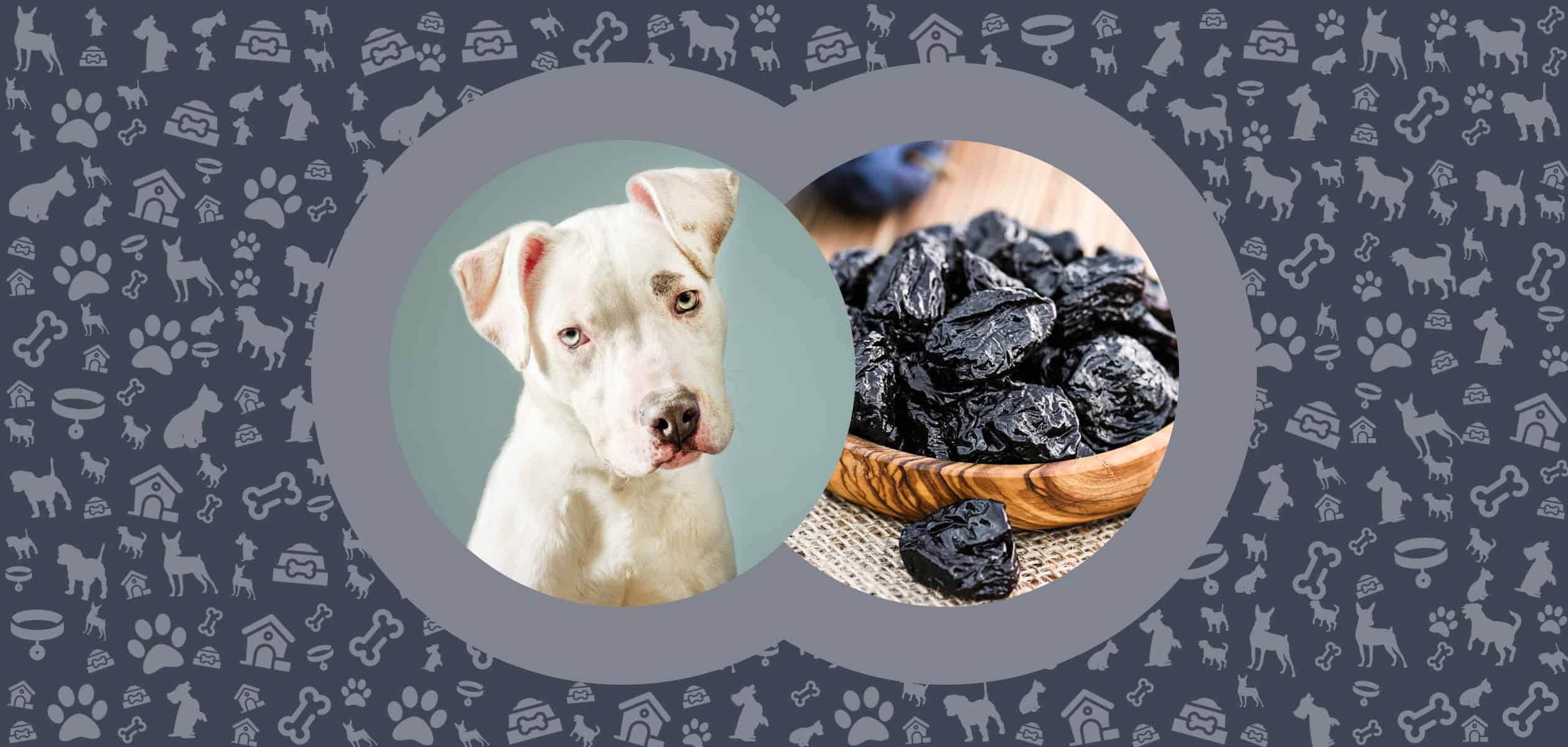
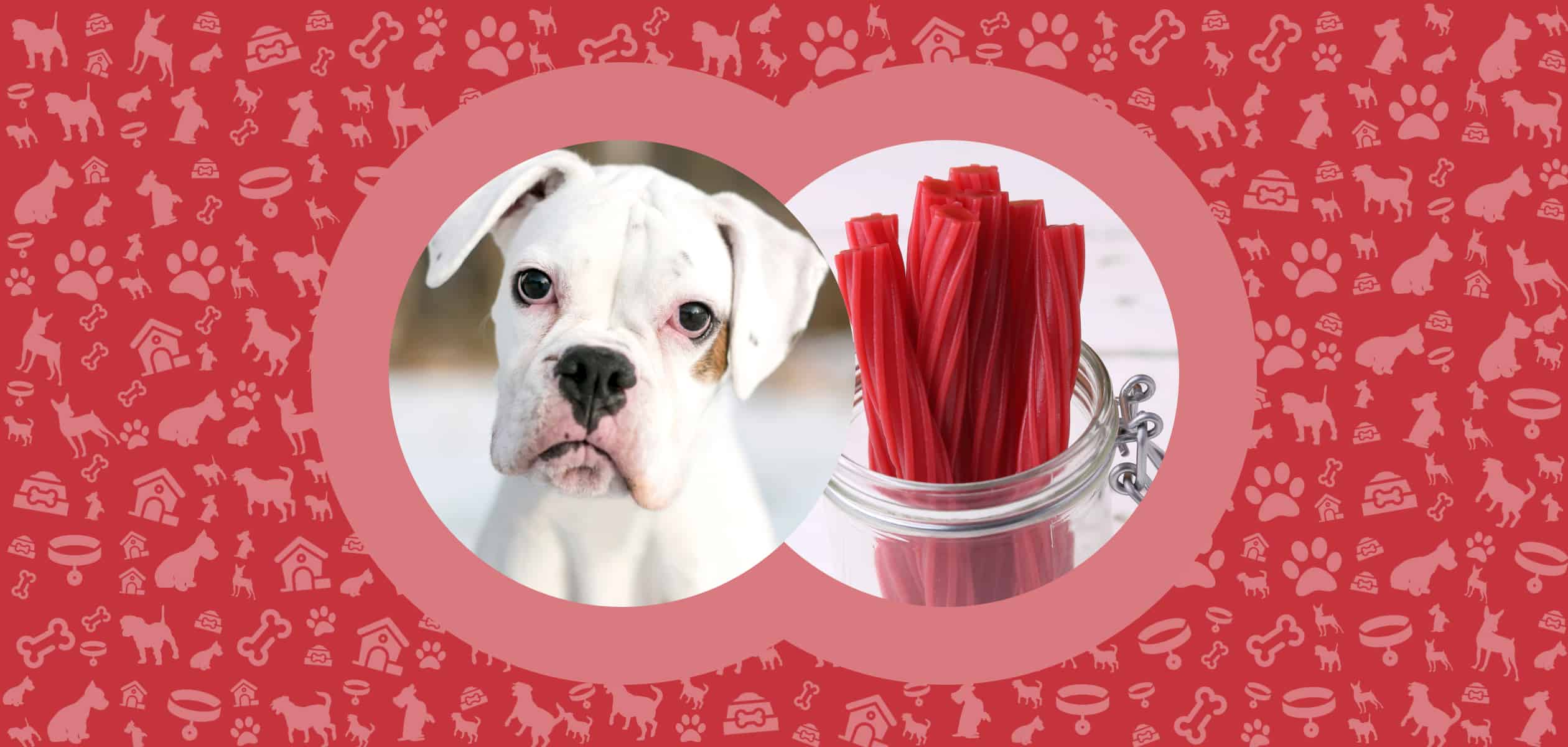
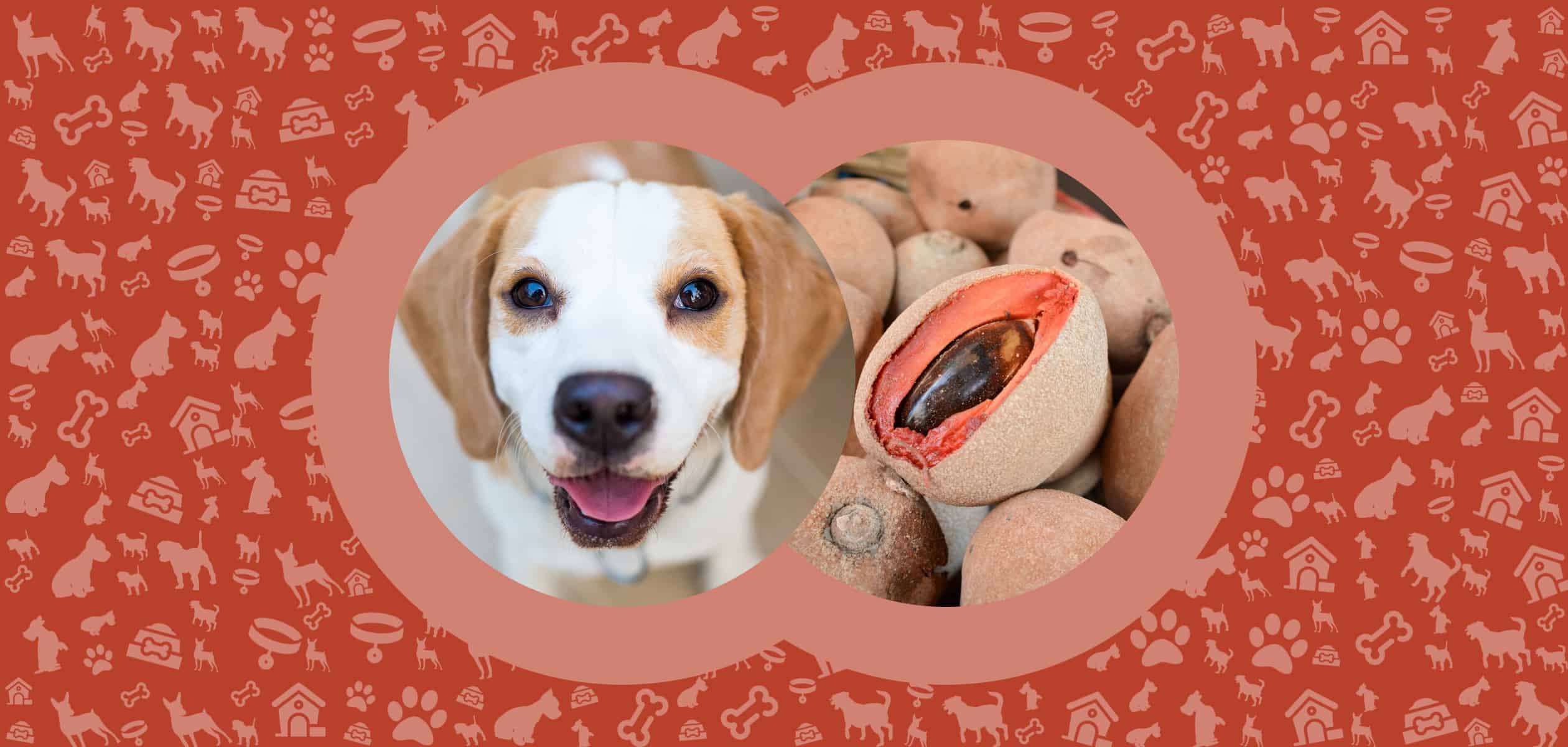
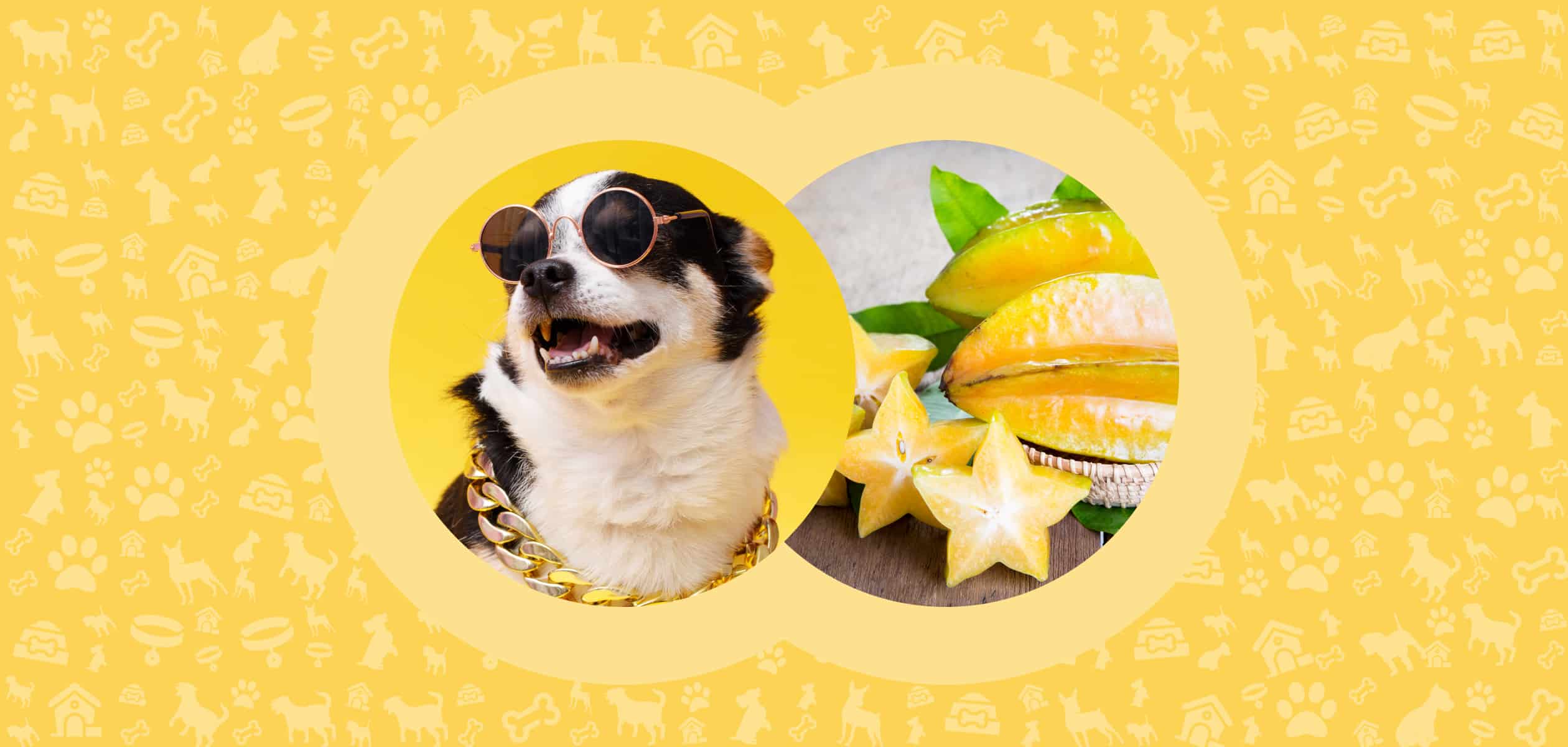
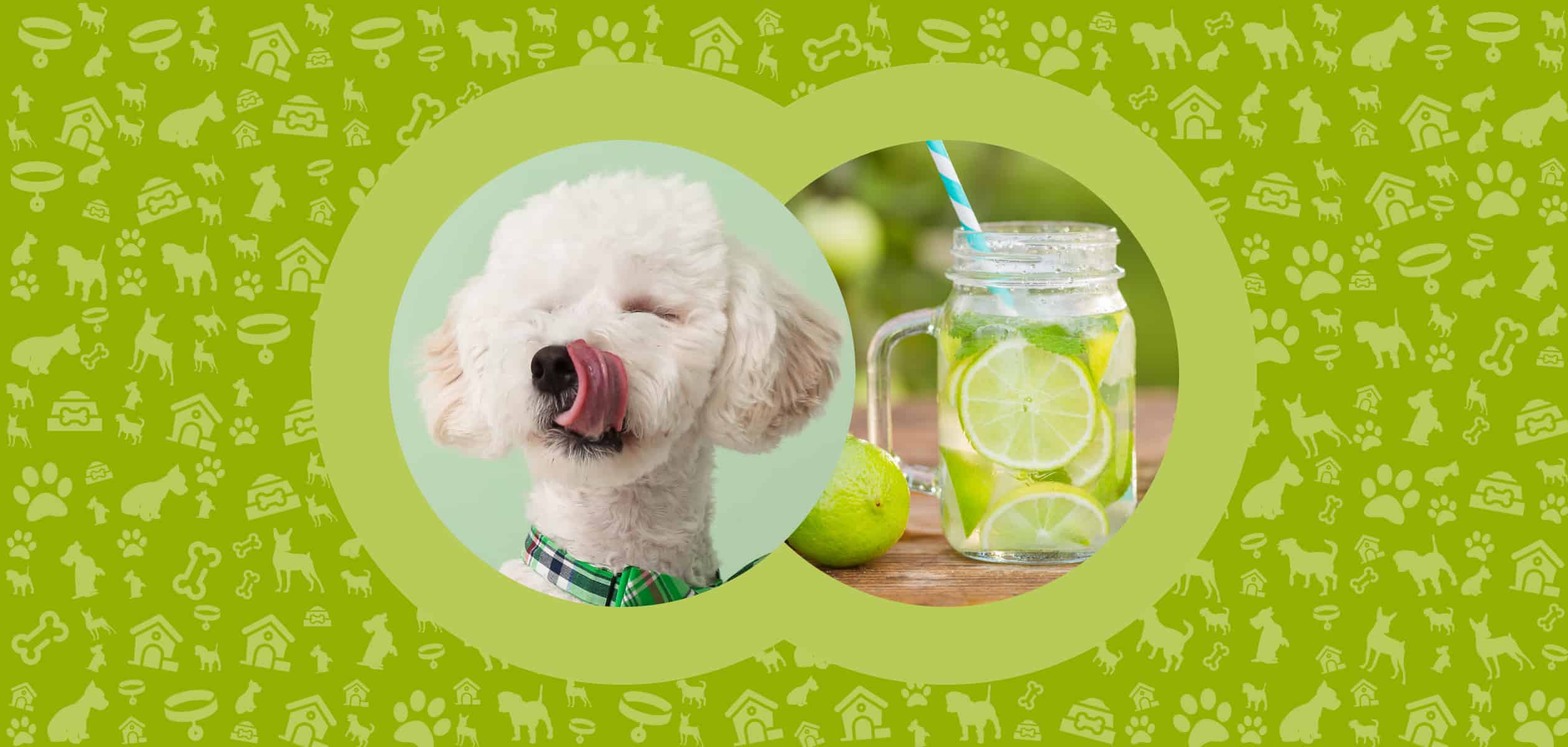
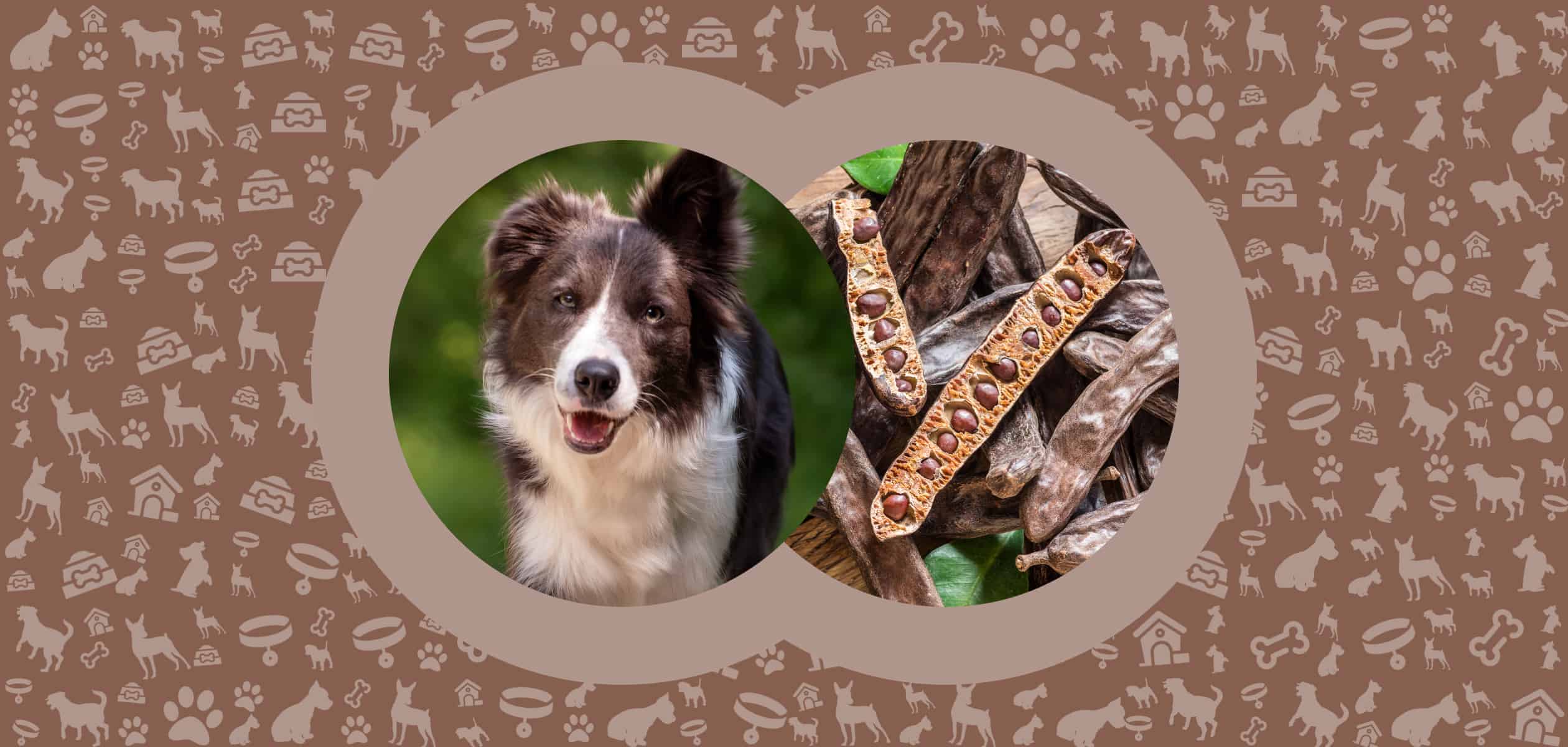
Leave a Comment